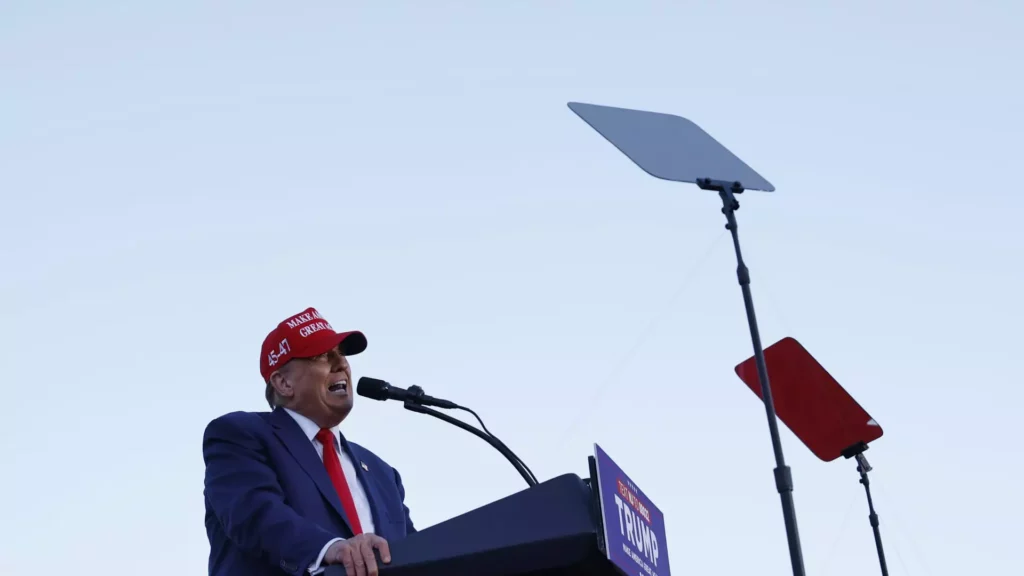![]()
One of the most significant pieces of legislation in recent history was the Tax Cuts and Jobs Act of 2017, or TCJA, signed into law by former President Donald Trump. This act brought about several changes to individual income tax provisions, resulting in lower tax rates for many Americans. However, it was only a temporary measure, with many provisions set to expire in 2025.
Middle-class taxpayers stand to lose out significantly if Congress does not take action before 2025. The TCJA reduced federal income tax rates across the board, putting more money back into the pockets of average Americans. However, if these rates revert to pre-TCJA levels, many individuals could see their tax bills rise significantly. This uncertainty has made financial planning challenging for many families.
Higher earners have been using the lower tax rates provided by the TCJA to their advantage by taking advantage of certain tax-saving strategies. For example, some have been making Roth IRA conversions to lock in lower rates while they can. Others have been withdrawing money from inherited IRAs early to minimize future tax liabilities. These tactics may become less effective after 2025 if tax rates increase.
The TCJA nearly doubled the standard deduction, making it more attractive for many taxpayers to take the standard deduction rather than itemizing. However, if the standard deduction reverts to pre-2018 levels in 2025, more filers may opt to itemize their deductions. This could have significant implications for tax planning and preparation.
One of the most contentious issues following the passage of the TCJA was the $10,000 cap on state and local tax deductions. This cap disproportionately affected taxpayers in high-tax states such as California, New Jersey, and New York. The cap is set to expire in 2025, but its removal could benefit high-earners more than average Americans.
The TCJA also increased the child tax credit and raised federal gift and estate tax exemptions through 2025. However, without new legislation from Congress, these provisions will revert to their pre-2018 levels. This could have far-reaching implications for families and individuals planning for the future.
The impending tax cliff in the U.S. poses significant challenges for individuals and families across the country. With trillions of dollars in tax breaks set to expire in 2025, it is crucial for Congress to take action to prevent a massive tax increase on millions of Americans. The uncertainty surrounding the future of these tax breaks makes financial planning difficult for many taxpayers, and the implications of these changes could be far-reaching. It remains to be seen how lawmakers will address these issues as the deadline approaches, but the outcome will certainly have a profound impact on the financial well-being of millions of Americans.

Leave a Reply